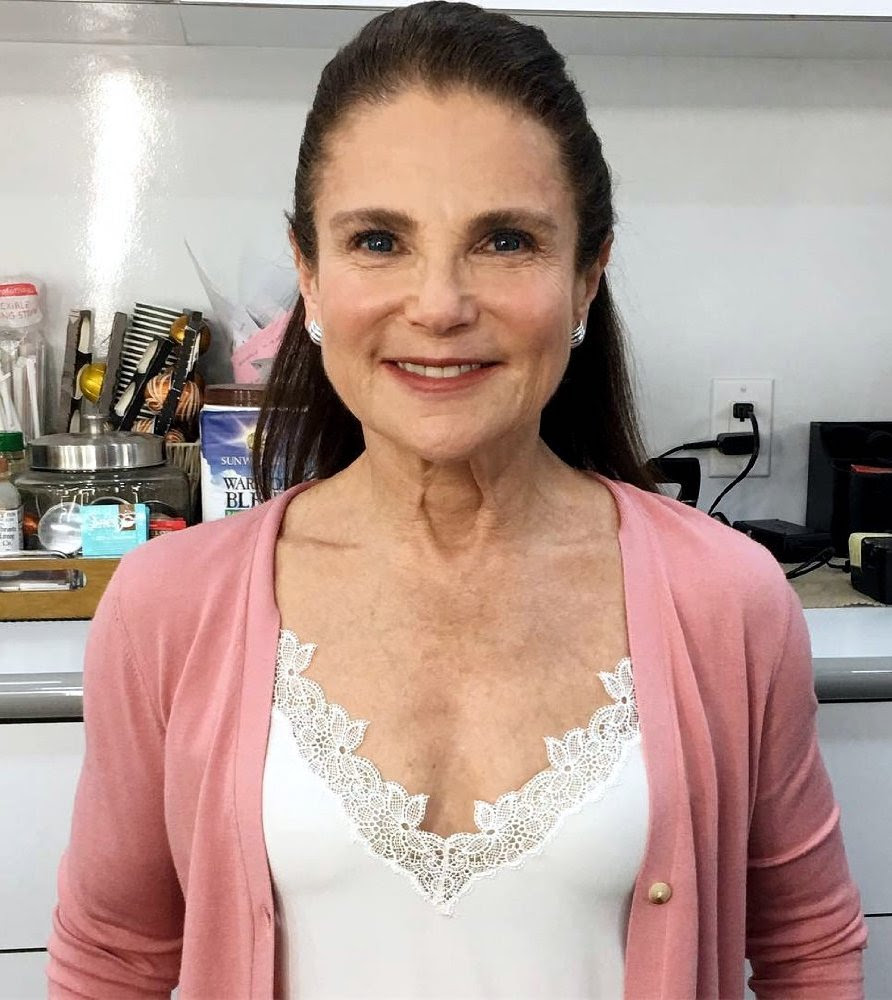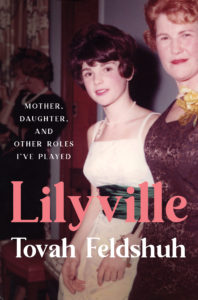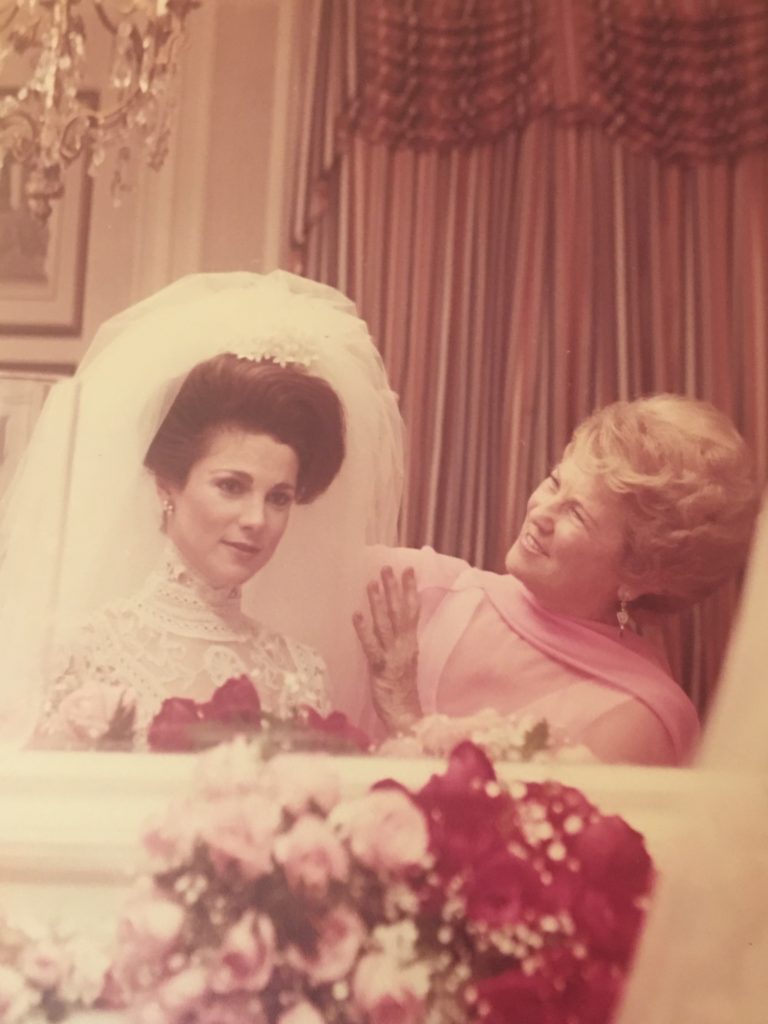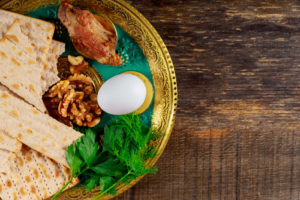
Dear Miriam,
I got sick the week of Passover. My wife still made matzah ball soup, and each day I packed a matzah sandwich of some type for my 4-year-old to bring to preschool. We talked about what Passover is and we played Passover songs to my 4-year-old and 1-year-old. But, between the pandemic and being sick, the seder itself didn’t come together. My 4-year-old keeps asking when we’re going to have the seder. I feel bad but tend to think we should wait until next year. What do you think?
Signed,
Another Pandemic Passover Problem
Dear Problem,
This Passover was strange for a variety of reasons, of course, and your scenario is just an additional example of the kinds of challenges people experienced, mostly alone. This year (and last year and, since you’re asking me, any year), there is no right or wrong way to observe the holidays. You brought Passover into your home, made it engaging for your children and they got excited about it. Sounds like a job well done.
You also left your older child wanting more, which is lovely and endearing and, I hope, makes you feel good about your Jewish parenting. Since you didn’t do something that your 4-year-old recognized as a seder, I would encourage you to ask your child what they’re looking for. Maybe it’s sitting around the table singing these now-favorite songs. Maybe it’s finding the afikomen and getting a prize.
I guarantee to you that your 4-year-old is not pining for an hours-long retelling about rabbis in B’nai B’rak, and I suspect you will be able to fulfill this need with a fairly simple and age-appropriate compilation of some seder highlights. It sounds harmless, and maybe even fun, and I say go for it.
There are a variety of educational toys designed for kids to role play Jewish rituals around holidays, which might be a nice gift for your child. There are wooden seder plates that are kind of like simple puzzles, there are actual puzzles depicting seders and there are a wide variety of picture books about Passover celebrations. Any of these might be another nice way to encourage your child’s interest and to empower your 4-year-old now (and your 1-year-old in coming years) to have some ownership over the holiday and to “do” seder without your involvement.
If you really can’t stomach the idea of more Passover, or if you just want to think about what’s next, consider what other Jewish rituals you can explore and encourage. There are wooden (or plush) Shabbat sets, which are great for pretend play. And since Shabbat happens every single week, incorporating a Shabbat practice into your family’s life could be wonderful for everyone and give your child a weekly opportunity to sing Jewish songs and go through a set of ritualized steps.
While not a Passover seder, the set of things that happen every week at Shabbat dinner could be just the right thing for meeting your child’s interests, and incorporating a weekly Jewish ritual could take the pressure off of the Passover that’s passed.
Be well,
Miriam



 By Cnaan Liphshiz
By Cnaan Liphshiz
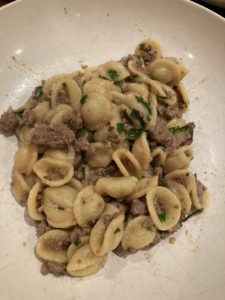
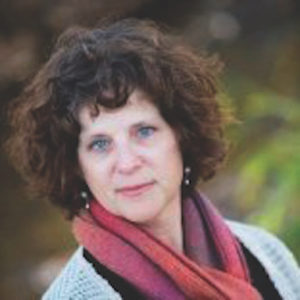 The day was cold, but not too cold — typical March weather for the Rocky Mountains. I was heading to Boulder to pick up one of our daughters from the University of Colorado. COVID had canceled their regular spring break, but she needed some time away from campus, so off I went. Her twin sister had opted to stay on campus.
The day was cold, but not too cold — typical March weather for the Rocky Mountains. I was heading to Boulder to pick up one of our daughters from the University of Colorado. COVID had canceled their regular spring break, but she needed some time away from campus, so off I went. Her twin sister had opted to stay on campus.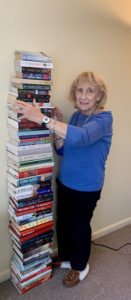
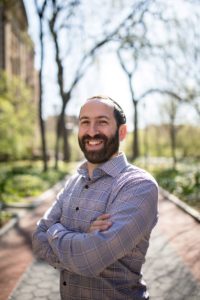
 The term “Jewish American Princess” has been debated within Jewish communities for as long as it has existed. Many bemoan it for perpetuating sexism and negative stereotypes of Jewish women, while others have argued that despite these origins, there’s a power in embracing the moniker.
The term “Jewish American Princess” has been debated within Jewish communities for as long as it has existed. Many bemoan it for perpetuating sexism and negative stereotypes of Jewish women, while others have argued that despite these origins, there’s a power in embracing the moniker.